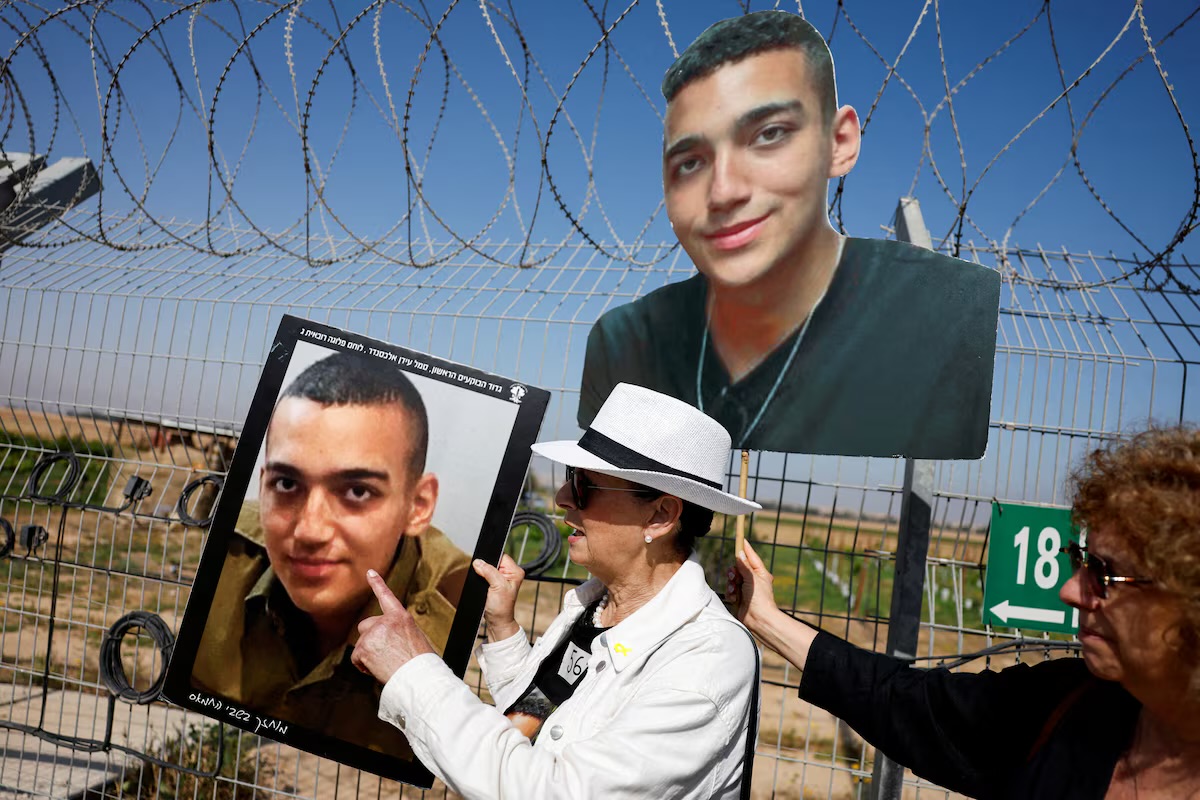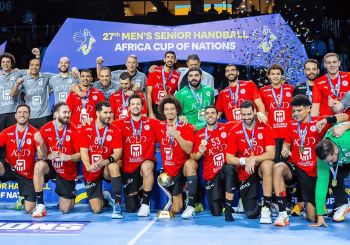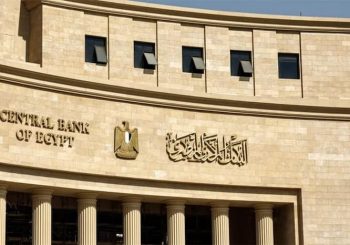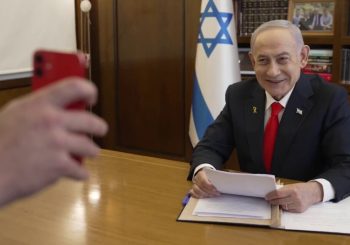Egypt and Qatar are jointly facilitating a renewed round of negotiations between the United States and Hamas, aimed at achieving a broader ceasefire agreement in Gaza and securing the release of captives held by Hamas as announced on Monday 12 May.
The latest development comes as the militant group announced on Sunday, 11 May, its intention to release Israeli-American hostage Edan Alexander, held captive in Gaza for over 550 days. The move is viewed as both a humanitarian gesture and a political signal ahead of an anticipated visit to the region by U.S. President Donald Trump later this week.
Israeli media report that the proposed deal includes the release of 10 Israeli hostages, following conditions agreed upon in prior negotiation rounds. In return, a 70-day halt in hostilities would be implemented, providing a window for both parties to negotiate a broader, long-term agreement.
Diplomatic sources told international media that the release is expected to be executed without preconditions and could open the door to more extensive negotiations, including discussions around the release of other hostages and a temporary halt to military operations in the Gaza Strip.
The United States has reportedly dispatched Special Envoy for Hostage Response Adam Boehler, who is traveling to Israel alongside Alexander’s family. American officials have confirmed that the gesture was communicated to Israel, which was not directly involved in the deal but was informed through its intelligence channels.
Egypt and Qatar, both central players in regional mediation efforts, issued a joint statement welcoming Hamas’ decision, describing it as an “encouraging step” that could bring all parties back to the negotiating table. The statement stressed the urgency of ending the war in Gaza to avert further humanitarian catastrophe and emphasized the need to secure the unimpeded flow of aid to civilians inside the enclave.
Hamas, for its part, expressed readiness to engage in intensive negotiations towards a final ceasefire agreement, prisoner exchanges, and a long-term governance framework for Gaza led by independent figures.
The developments come as Trump’s special envoy, Steve Witkoff, continues shuttle diplomacy in the region, reportedly holding talks with Iranian officials in Oman, as well as with Egyptian, Qatari, and Hamas representatives in an attempt to reach a comprehensive truce.
Israeli officials have maintained that despite these negotiations, no ceasefire will be implemented until Hamas meets its demands. However, a temporary halt to drone flights over Gaza is reportedly being considered to allow the safe extraction of Alexander from the war-torn enclave.
Observers note that Egypt’s and Qatar’s roles are once again pivotal in preventing an escalation and steering the conflict toward a negotiated solution, amidst growing international pressure to avoid further bloodshed.
The last ceasefire, which lasted two months, was ended by Israel on 18 March, followed by a large-scale military offensive and an escalation of airstrikes on Gaza. Additionally, Israel has halted all humanitarian aid to Gaza, aiming to pressure Hamas into freeing the remaining hostages.
Hamas, however, continues to demand a deal that would bring a complete end to the war, as previously proposed. Despite several rounds of indirect negotiations in recent weeks, talks have failed to produce any significant progress.
On 7 May , 2025, President Donald Trump announced an immediate cessation of U.S. airstrikes against the Iran-aligned Houthis in Yemen. This decision followed a ceasefire agreement brokered by Oman, wherein the Houthis committed to halting attacks on commercial and military vessels in the Red Sea. Notably, the agreement did not address Houthi hostilities toward Israel, leading to concerns in Tel Aviv about being excluded from critical security discussions .
Israeli officials expressed surprise and apprehension over the U.S.-Houthi ceasefire, emphasizing that they were not consulted prior to the announcement. The exclusion of Israel from these negotiations has been perceived as a potential shift in U.S. regional strategy, raising fears of diminished American support for Israeli security interests .







Comments (0)